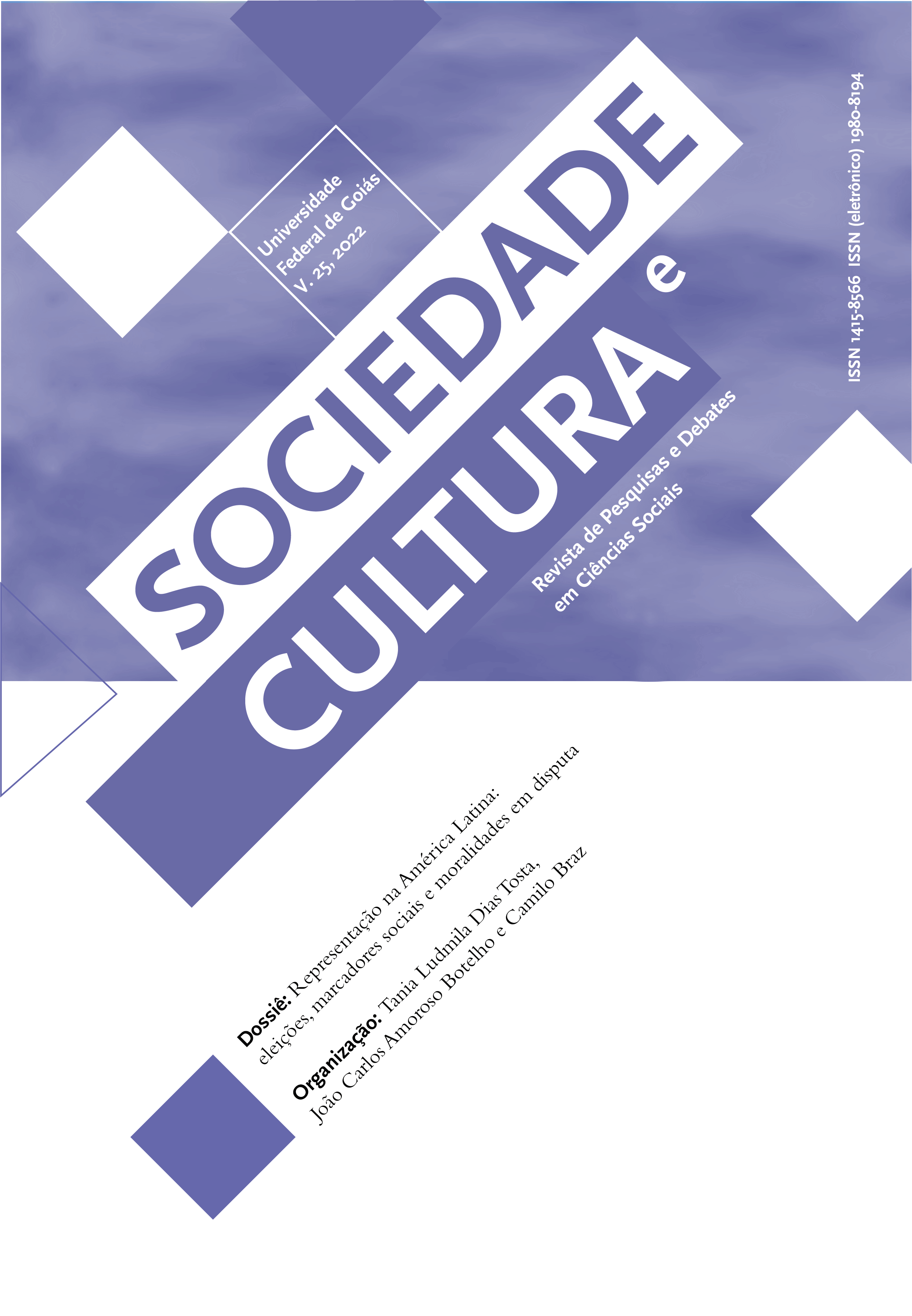The rise of Dilma Rousseff and Michelle Bachelet in the presidency of the Republic: itinerary, meanings and challenges
DOI:
https://doi.org/10.5216/sec.v25.70847Abstract
This article highlights aspects of the trajectory of Dilma Rousseff and Michelle Bachelet until the arrival in the presidency of the republic, the meanings and challenges of being a woman in a place of political power, historically masculine, and the relationship they maintained with feminism and how it happened. impacted the promotion of public policies. It is a qualitative study based on comparative methodology, whose data were collected through bibliographic research and semi-structured interviews with former ministers of Dilma and Bachelet and with members of feminist NGOs. The analysis is based on theoretical references from sociological, feminist and gender studies. The results show that the trajectories of Dilma and Bachelet have common points, although they lived in different social, political and cultural contexts. Both were the first women to assume the presidency of the republic in their countries, facing the challenges of a culture that associates political leadership with the male universe. Their governments were marked by their commitment to the feminist agenda in promoting policies for gender equality and equity.
Downloads
Downloads
Published
How to Cite
Issue
Section
License
Copyright (c) 2022 Sociedade e Cultura

This work is licensed under a Creative Commons Attribution 4.0 International License.
Authors who publish in this journal agree to the following terms:
- Authors retain the copyright and grant the journal the right of first publication, the work being simultaneously licensed under the Creative Commons Attribution License, which allows the sharing of the work with acknowledgment of authorship and of the initial publication in this journal;
- Authors are authorized to enter into additional contracts separately, for non-exclusive distribution of the version of the work published in this journal (eg, publishing in an institutional repository or as a book chapter), with acknowledgment of authorship and of the initial publication in this journal;
- Authors are allowed and encouraged to post and distribute their work online (eg, in institutional repositories or on their personal page) at any point before or during the editorial process, as this can bring productive change as well as increases the impact and the citation of the published work (see O Efeito do Acesso Livre).



